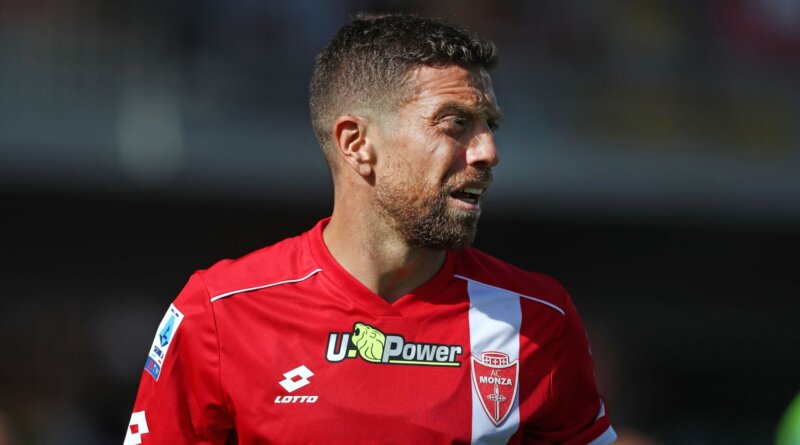Papu Gomez Slams Two-Year Doping Ban as Unjust
Papu Gomez, former Argentina international and World Cup winner, has spoken out about his controversial two-year doping ban, declaring the punishment both unfair and damaging to his passion for football. Gomez, who tested positive for a banned substance he claims was found in cough syrup, compared his suspension to penalties for far more serious drug offenses, sparking widespread debate within the football community.
Papu Gomez Doping Ban: Details and Reactions
Papu Gomez’s doping ban was handed down after he tested positive in a routine anti-doping check. The veteran midfielder, known for his creativity on the field and his instrumental role in Argentina’s 2022 World Cup triumph, insists that the substance entered his system accidentally through medication taken for a cold.
In an emotional interview, Gomez expressed his frustration: “Smoke a joint, you get six months. Take cocaine, you get a year. But for a cough syrup, I receive two years. Where is the justice in that?” This statement reflects his deep sense of injustice and highlights a glaring inconsistency in how doping penalties are applied across football.
Mental Toll and Support Systems
The lengthy ban has taken a significant toll on Gomez’s mental health. The football star revealed, “Football was dead to me. I questioned whether I’d ever play again, and my love for the game was nearly gone.” During this difficult period, Gomez turned to psychological support to help him cope, emphasizing the impact such suspensions can have on professional athletes beyond just their careers.
His family, teammates, and a dedicated psychologist became his core support system. “Without them, I might not have managed to move forward,” Gomez admitted, underlining the importance of mental health care in modern sport.
Comparisons to Other Doping Cases
Gomez’s comments reignited debates over fairness in doping punishments. Citing examples where athletes caught with marijuana or cocaine received shorter suspensions, he argued that football’s disciplinary system lacks proportionality. “Every case should be examined with context,” Gomez said. “A medicine mistake is not the same as intentional doping.”
His case has prompted calls for FIFA and other governing bodies to review their anti-doping policies, particularly regarding accidental or non-performance-enhancing substance violations.
The Impact on Career and Legacy
With the two-year ban sidelining him during what could be the final chapters of his career, the midfielder’s future remains uncertain. Once celebrated for his contributions to clubs like Atalanta and Sevilla as well as Argentina’s national team, Gomez now faces a protracted absence from the pitch.
However, he remains adamant about his innocence. “I’ve always played clean. All I want is fairness and for my story to be heard,” Gomez stated, hoping that his public outcry may spark change for future players facing similar situations.
Papu Gomez’s Message to Football Authorities
The ex-Argentina star called for a more nuanced approach to anti-doping enforcement. “Athletes should not be punished unjustly for honest mistakes,” he urged. “There must be dialogue between players, doctors, and officials to prevent innocent professionals from losing their careers over minor infractions.”
Gomez’s case has also prompted a wave of support from fans and fellow players, many of whom see his plight as emblematic of broader issues in football governance.
For More News and Updates
For more news on football, anti-doping controversies, and updates on Papu Gomez’s career, visit for more news.
Opinion: Time for Reform in Football’s Anti-Doping Policies
Gomez’s story is a stark reminder that anti-doping policies need urgent review and reform. While protecting the integrity of the game is critical, governing bodies must ensure that punishments fit the offense and that accidental infractions are handled with care and common sense. Cases like Gomez’s risk undermining trust in the system and can irreparably damage players’ careers and mental health. Football owes it to its stars and its fans to strive for fairness and compassion in the pursuit of clean sport.
Your global gateway to nonstop football coverage:
News Goal
Share this content:
